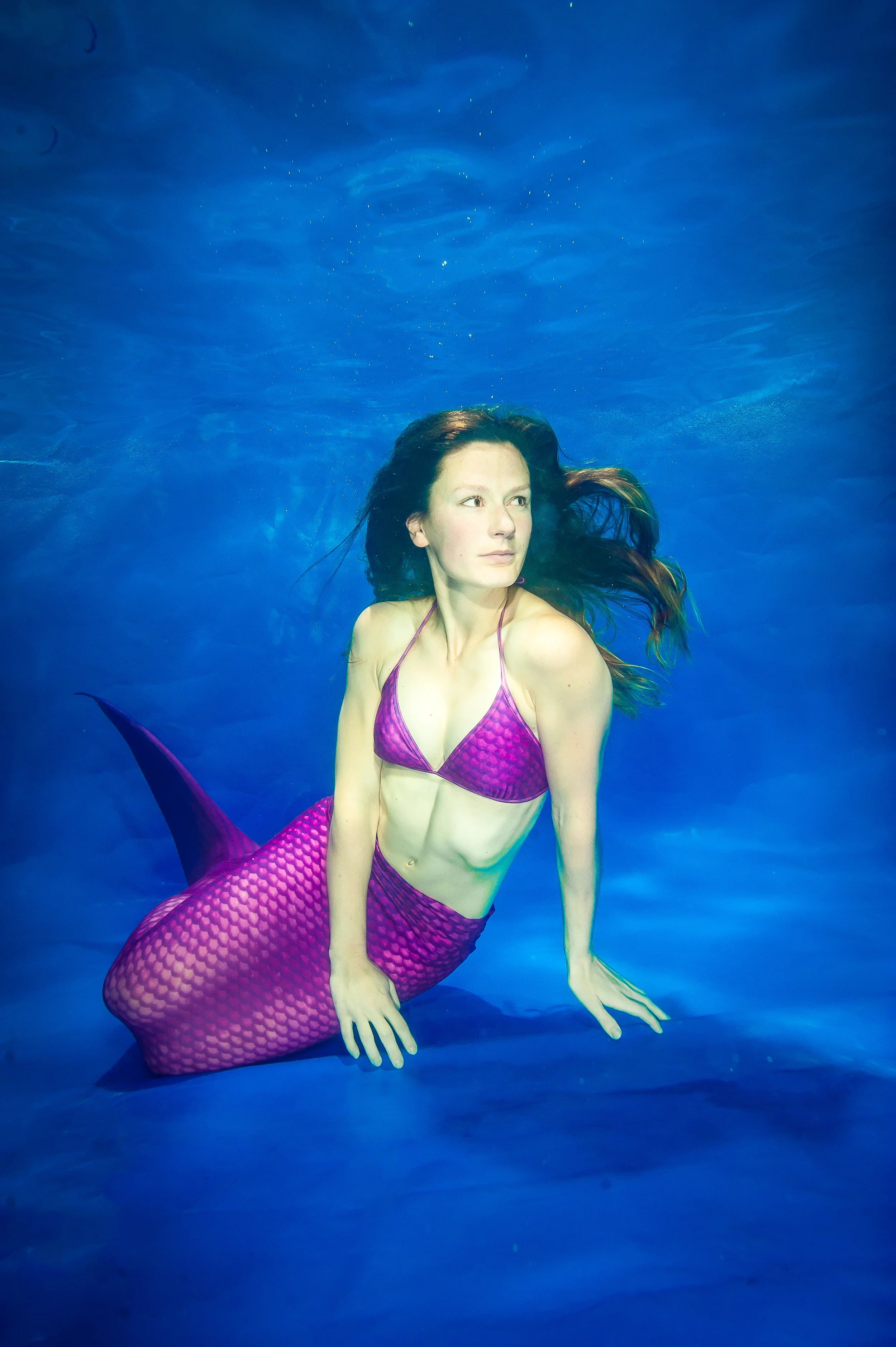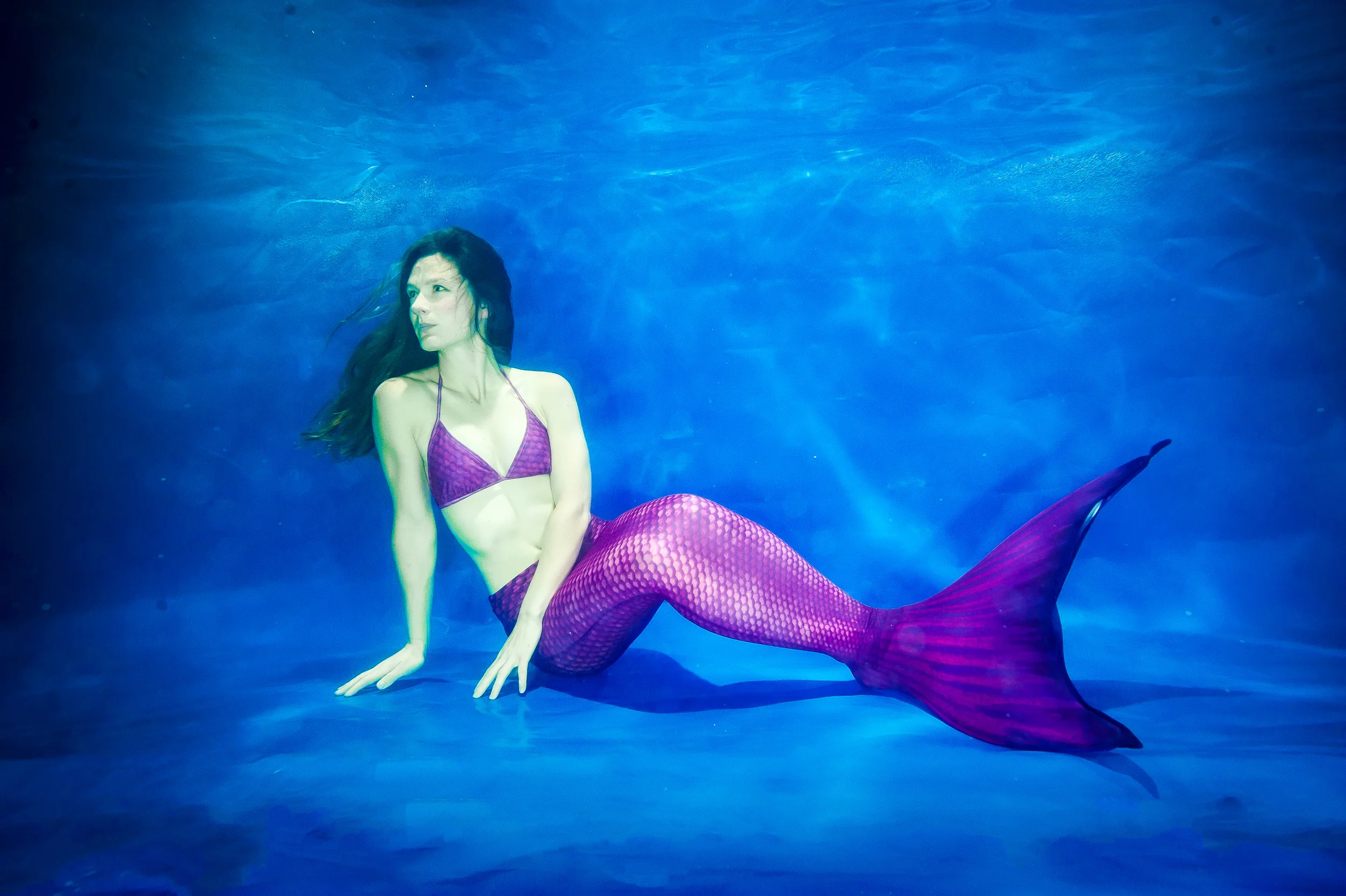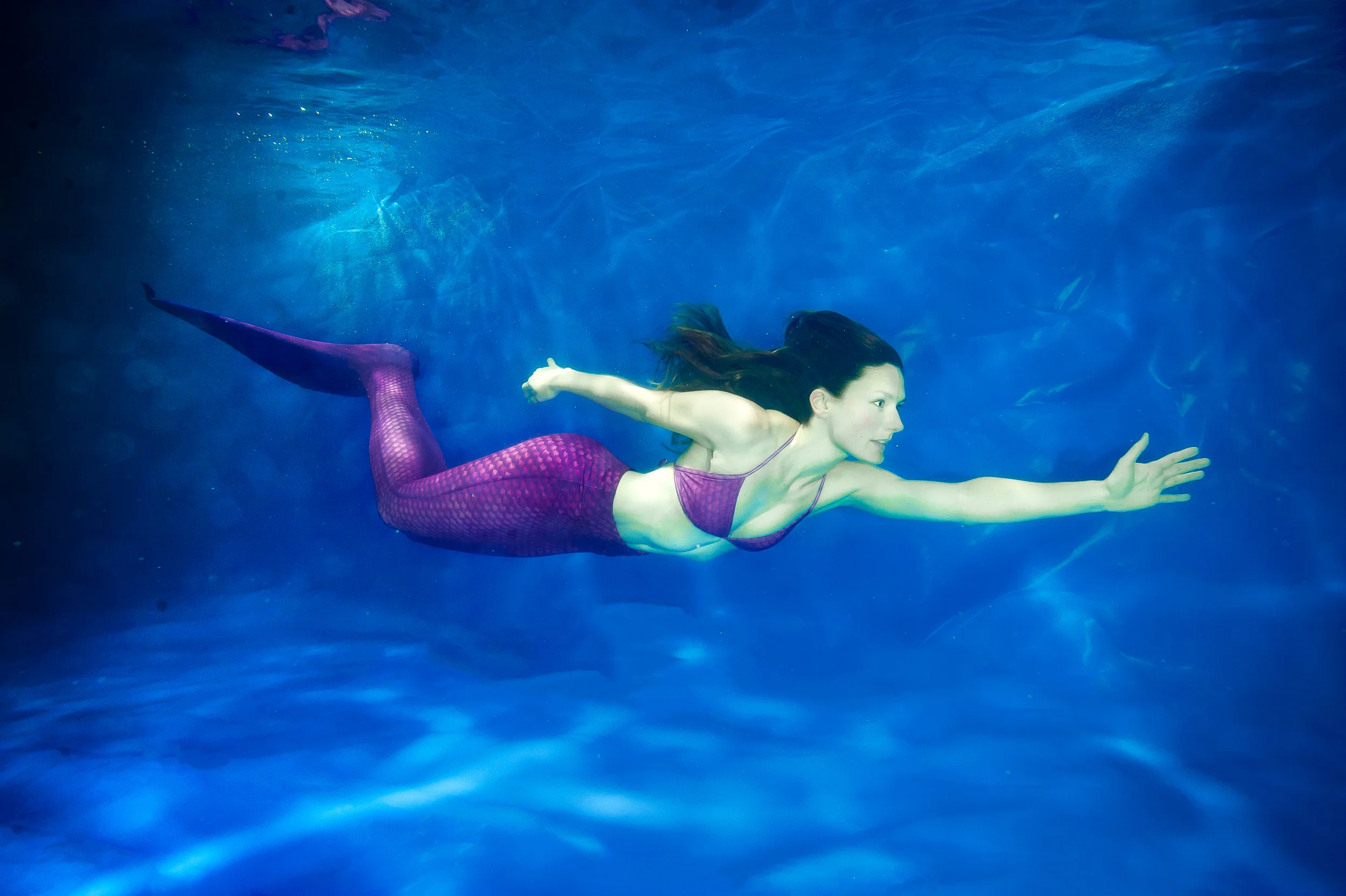How to turn 30 in style: A birthday to remember in Cornwall
I discovered why having a winter birthday isn't so bad...
Read MoreI discovered why having a winter birthday isn't so bad...
Read More
Taking the plunge (Image: Alastair Scarlett)
I’m making a cup of tea underwater.
I go through the process - kettle on, milk out, teabag in mug - but it’s all in my head.
Going through this everyday routine helps take my mind off the fact that I’ve been lying face down in a swimming pool for over two minutes.
This is my first taste of freediving - the art of diving while holding your breath - and Freedive UK instructor Ian Donald has just let me in to the secret of success.
“The most important thing is to relax,” he says, as I arrive at the Glendorgal Hotel in Newquay where the course is running. “If you push away anxiety you’ll stay down longer.
“Some people achieve this by thinking of a happy holiday memory, others use something boring - like their commute or making a cup of tea.”
But there’s nothing boring about this freediving lesson - because by the end I will have transformed into a mermaid, complete with a tail that would leave Disney’s Ariel green with envy.

Learning the ropes at the UK's first mermaid school (Image: Alastair Scarlett)
I’m signed up to Britain’s first Mermaid Course, designed to teach you how to glide effortlessly underwater like the mythical sea creature.
Ian set it up after noticing a growing popularity for mermaids online.
‘Mermaiding’ has become so popular that it’s now a profession, with Ariel-esque women being paid to model underwater and perform shows in aquariums, from kids parties to posh hotels.
As we pull on wetsuits and goggles, Ian says: “We wanted to change the view that freediving is frightening and show that it can be fun.
“It’s very safe if you do it properly, with no risk of failing equipment. If being a mermaid gets more people into the sport, then that’s a good thing.”

Channeling my inner Ariel (Image: Alastair Scarlett)
But before I can so much as pick the colour of my tail, I need to sort out my breathing in preparation to go under.
Ian divides the breath-holding process into thirds. In the first third of time underwater, we feel comfortable.
During the second third, we get the urge to breathe as carbon dioxide starts building up - this is when most people surface.
If you resist this urge, you enter the third phase, feeling contractions in your breathing muscles (diaphragm and intercostal). This is a signal to come up.
After floating on my back breathing calmly for two minutes, I go under.
I come up before I mean to - my body’s natural instinct to expel carbon dioxide overriding the my mind’s desire to stay down.
But I keep going down and on my third attempt, I feel my diaphragm flex as I make it to 2 minutes 39.
Next, how to swim like a mermaid.

Learning how to swim like a mermaid (Image: Alastair Scarlett)
I slip my feet into a monofin (a two-foot single flipper), the same style used to break freediving world records.
The idea is to engage your core and keep strong legs to create an undulating motion that begins at your outstretched hands and ends at the fin.
But after a few laps with floats and then weight belts, I’m still struggling to make swimming with my feet together look effortless.
Maybe a pink, scaly tail will help.
Wearing it feels like I’ve squeezed both legs into the sleeve of a Lycra top and I wobble and hop my way back into the pool.
A professional mermaid’s job involves underwater modelling - and as I give it a go, I discover that it’s much harder than it seems.
Try opening your eyes underwater, ensuring that your hair’s swirling in the right direction, and making it look natural, and you’ll see just how tricky it is.

Posing underwater is trickier than it seems (Image: Alastair Scarlett)
I exhale deeply to make my body heavy enough to sink to the pool floor and remain there, then pose for freediving photographer Alastair Scarlett.
He can be booked at an additional charge to come along and take photos, immortalising your day as a mermaid.
All the instruction begins to come together - I’m staying under for longer and am actually beginning to relax.
As I make a final lap of the pool, I embrace my inner mermaid, diving down and gliding easily through the water with a flip of the tail that has replaced my legs.
In my very own ‘sea’, I feel waves of calmness wash over me - this must be just how real mermaids feel.
Or maybe all this breath-holding’s gone to my head.